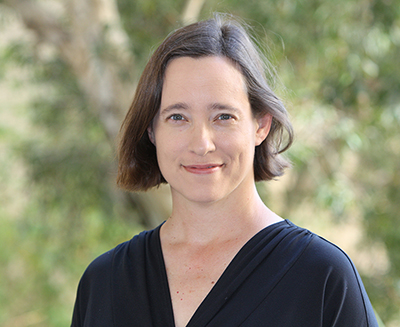Quantity vs Quality? Research Productivity and Strategic Planning for a Competitive Tenure Case
Barbara Sarnecka, Professor of Cognitive Science

My intuition is that it's probably better to publish more research in lower-tier journals, rather than less research in more prestigious journals. That is more true for reviewers outside your department (e.g., the committee on academic personnel, or CAP), for the simple reason that people outside your field don't know which journals are the prestigious ones, and there's no real way for them to find out except to ask the opinion of someone in your field. Journals have impact factors, but these are calculated based on the number of citations per article, which varies hugely from one discipline to another. Biology articles might be 2 printed pages and contain 100 citations, while philosophy papers might be 20 printed pages and 10 citations. Not coincidentally, biologists publish many more papers per year than philosophers. So the sheer amount of citing is totally different from one field to another, and the journal impact factors differ by that much. Thus, those impact factors are meaningless to anyone outside the field. The upshot is that anyone can count the number of articles you published, but judging the quality of the journal is much more difficult, nuanced, and subjective.
So I think a "aim for more quantity" strategy is more likely to succeed than a "aim for higher quality" strategy in most cases. The exception would be if your department has a strong culture of being snooty about the journal where something is published. The way you can know this is by listening to how your colleagues discuss other AP cases. If you hear others in your department being criticized or "losing points" for publishing in less prestigious venues, then you know that prestige-of-venue matters to your department. But in other departments, there is such a diversity of topics that many of your colleagues may have no idea which journals in your subfield are the best. (And journal impact factors don't tell them much, for the reasons discussed above.) In that case, I think the weight given to journal prestige is minimal and a "more quantity" strategy is the safest one.



